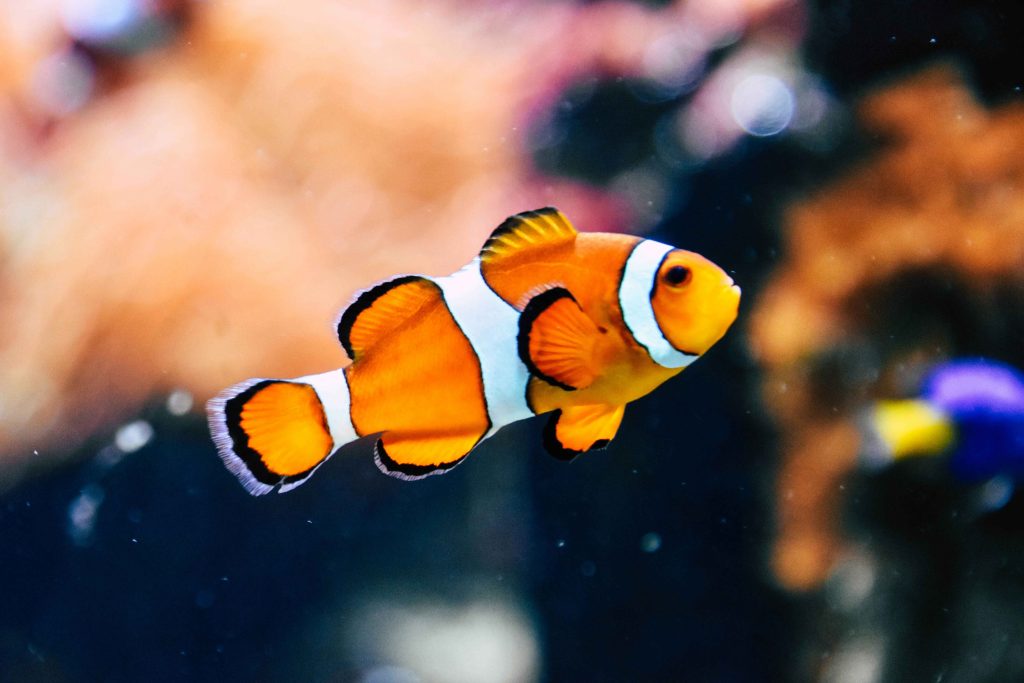Introduction
Swedish Fish is a popular candy enjoyed by many around the world. They are small, chewy, fish-shaped candies that come in a variety of flavors, though the red version is the most well-known. People who follow a halal diet often wonder if Swedish Fish is suitable for them. This guide aims to explore Are Swedish Fish Halal? breaking down the ingredients and discussing what makes a food product halal.
What Does Halal Mean?
Definition
Halal is an Arabic word that means “permissible” or “lawful” in Islam. For food to be considered halal, it must comply with Islamic dietary laws as defined in the Quran and Hadith.
Basic Principles
- No Pork Products: Any food containing pork or its derivatives is haram (not permissible).
- No Alcohol: Foods and drinks containing alcohol are also haram.
- Slaughtering Animals: Meat must come from animals slaughtered in the name of Allah and in a specific manner.
- Pure Ingredients: All ingredients must be pure and free from anything considered impure in Islam.
Ingredients of Swedish Fish

To determine if Swedish Fish is halal, we need to look at its ingredients. The ingredients may vary slightly depending on the country, but typical ingredients include:
- Sugar
- Invert Sugar
- Corn Syrup
- Modified Corn Starch
- Citric Acid
- White Mineral Oil
- Natural and Artificial Flavorings
- Red 40 (coloring)
Analysis of Ingredients
Sugar
Sugar itself is generally considered halal. However, some strict interpretations consider the processing method, such as whether bone char (derived from animals) is used.
Invert Sugar and Corn Syrup
Both invert sugar and corn syrup are sweeteners. These ingredients are typically halal unless processed with haram substances, which is rare.
Modified Corn Starch
Modified corn starch is halal and derived from corn. Its modification process involves changing its physical or chemical properties to improve texture and shelf life.
Citric Acid
Citric acid is a natural preservative and flavor enhancer found in citrus fruits. It is produced synthetically for commercial use and is considered halal.
White Mineral Oil
White mineral oil is a highly refined petroleum product used for its smooth texture. It is not derived from animals and is considered halal.
Flavorings
Flavorings can be a bit tricky because their halal status depends on their source. Natural flavors might come from plants or animals. Artificial flavors are usually synthetic. Without specific details, it’s challenging to determine if the flavorings in Swedish Fish are halal.
Red 40
Red 40 is a synthetic dye used to give the candy its bright red color. It is derived from petroleum and is generally considered halal.
Potential Concerns
The main concern for halal consumers regarding Swedish Fish lies in the flavorings. If any natural flavorings come from non-halal animal sources, the candy would not be halal. Unfortunately, companies often do not specify the exact sources of their natural flavorings.
Certifications
One way to ensure that a product is halal is to look for halal certification. Halal certification involves a rigorous process in which a certifying body examines the ingredients and the manufacturing process to ensure compliance with halal standards.
Is Swedish Fish Halal Certified?
So, Are Swedish Fish Halal? As of now, Swedish Fish does not carry a halal certification. Although the majority of its ingredients are likely halal, there is no official guarantee that all aspects of the product meet halal standards.
Alternatives
For those who are strictly following a halal diet and want to enjoy similar candies, there are alternatives:
- Halal Certified Gummies: Look for gummy candies that have a halal certification. These products are guaranteed to meet halal standards.
- Vegetarian or Vegan Gummies: These gummies do not use gelatin (which can come from non-halal animals) and are often considered halal, but it’s still best to check the ingredient list.
Conclusion
Swedish Fish, based on its listed ingredients, mostly appear to be halal. However, the ambiguity surrounding the source of natural flavorings and the lack of halal certification make it uncertain for strict halal consumers.
Key Points to Remember
- Most Ingredients Are Halal: Sugar, corn syrup, citric acid, and Red 40 are generally halal.
- Natural Flavoring Concerns: The source of natural flavors is unclear, which is a significant concern.
- Lack of Certification: Without halal certification, there is no official guarantee.
For those who follow a halal diet, it’s always best to look for products that are explicitly certified halal to ensure compliance with their dietary laws.
Final Thoughts
If you love Swedish Fish and follow a halal diet, it’s worth reaching out to the manufacturer for more detailed information about their natural flavorings. Until then, sticking to certified halal alternatives might be the safest option. Enjoying your favorite treats should always come with peace of mind, knowing they align with your dietary beliefs.



